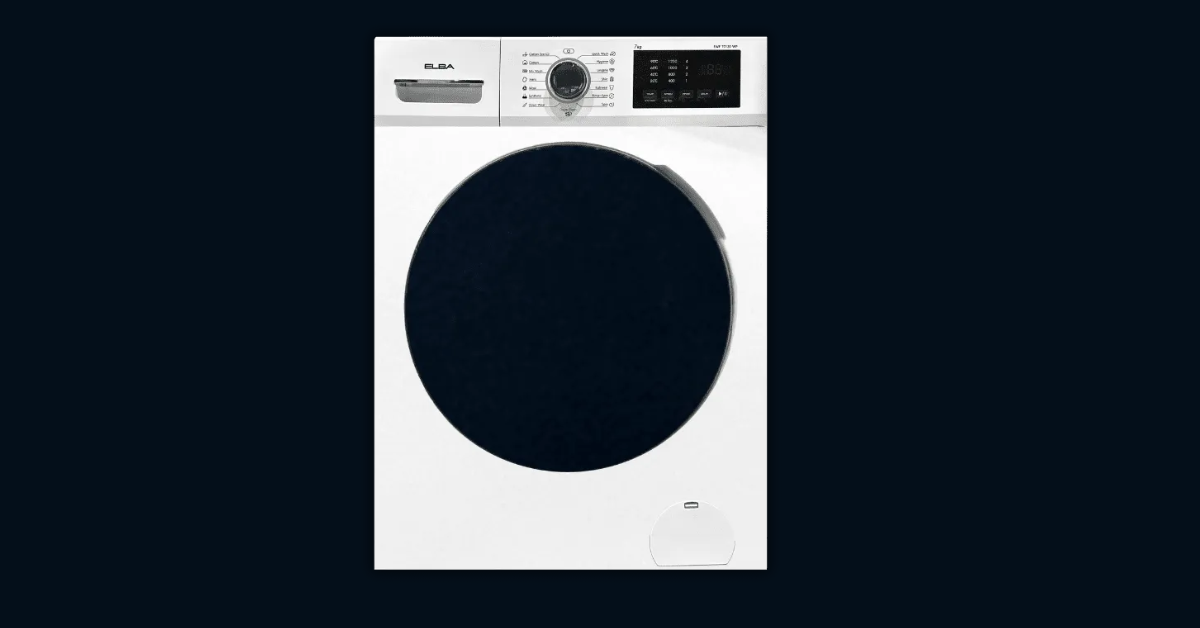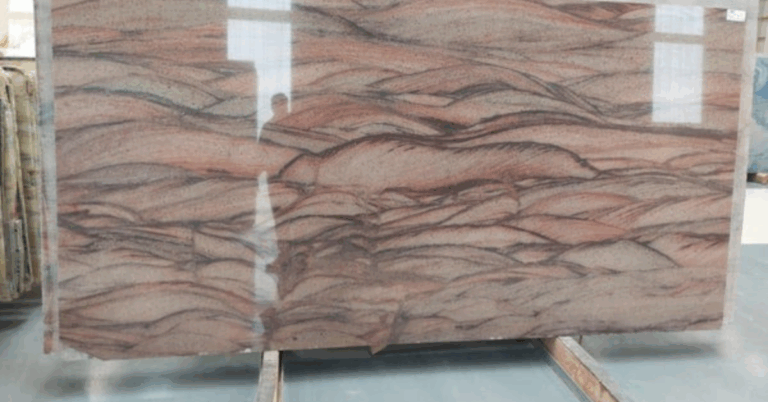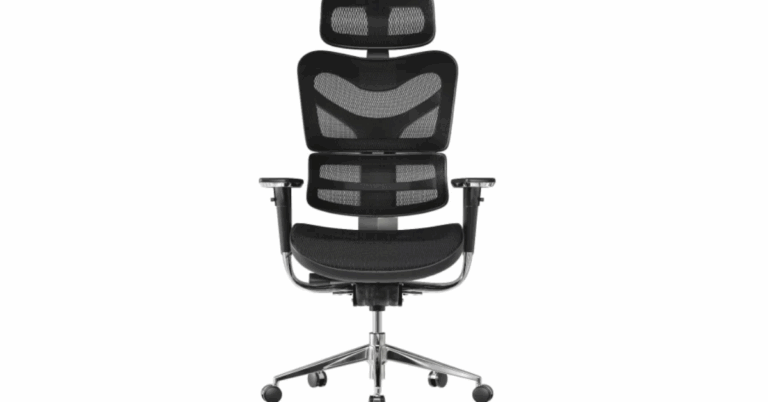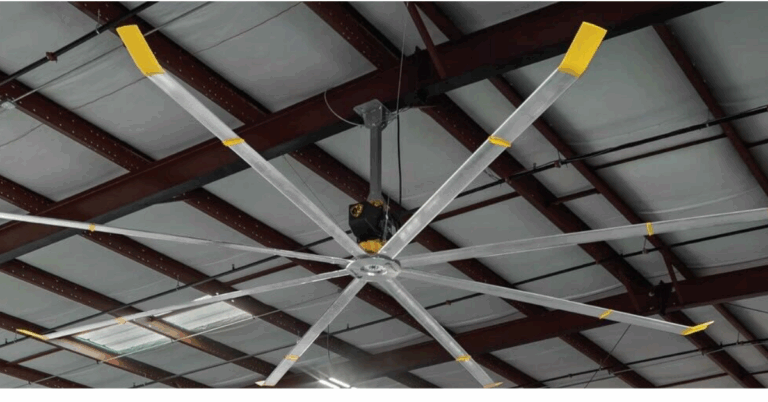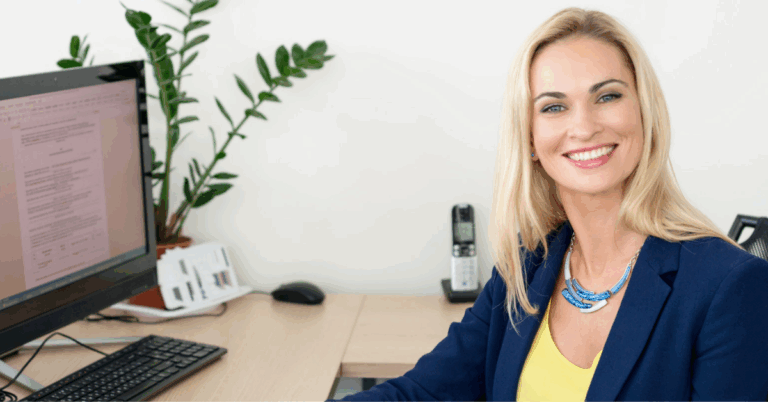Choosing the Right 8kg Front Load Washing Machine in Singapore: A Comprehensive Guide
When it comes to doing laundry in Singapore, the term “8kg Front Load Washing Machine Singapore” is one you’ll often hear in homes, showrooms, and online forums. An 8kg front loader typically strikes the balance many households need: enough capacity to handle a family’s weekly wash, yet compact enough for HDB flats or apartment laundries. One example is the EWF-80120 VT model, which offers multiple wash programs, inverter technology, and smart water/energy features (as listed on its product specification) the sort of machine you’d expect when shopping in the Singapore market.
In this article, we’ll walk you through everything you should consider when choosing an 8kg front load washing machine in Singapore from features and energy efficiency to installation constraints and maintenance tips. By the end, you’ll be better equipped to pick a model that suits your lifestyle, budget, and space constraints.
Why Choose an 8kg Front Load Machine?
Capacity That Matches a Typical Household
For a household of 3–5 people, an 8kg capacity is usually sufficient. It lets you wash bedding, towels, and daily wear in one load without needing to split or overload the machine. Overloading shortens the life of your washer and reduces cleaning effectiveness.
Front Load Advantages
Front loaders generally offer better water efficiency, deeper cleaning, and gentler handling of fabrics compared to top-loading machines. Their horizontal drum motion agitates clothes more effectively, and with modern technology, they can also offer faster spin cycles to reduce drying time. Many newer models also come with inverter motors, reducing noise and energy consumption significantly.
Space & Layout Compatibility
In Singapore’s compact living spaces, front load machines are often more flexible for fitting under countertops or in tucked-away laundry corners. They also allow stacking with tumble dryers (if structural support permits), which is advantageous for maximizing laundry space.
Key Features to Watch For
When evaluating 8kg front load washing machines, these are the crucial factors that differentiate a good buy from a regret:
1. Drum Spin Speed / RPM
Higher spin speeds (e.g. up to 1,200 rpm or more) extract more water, cutting down the drying time. The EWF-80120 VT, for instance, supports up to 1,200 rpm spin. That is decent for Singapore’s humid climate, where reducing moisture in clothes before drying is a plus.
2. Wash Programs & Customization
Look for models with a diverse set of wash programs (e.g. cotton, synthetics, wool, delicate), eco cycles, and quick wash settings. The ability to set temperature, spin speed, or delay start gives flexibility. Some machines also incorporate “anti-allergic” or “steam clean” modes for sensitive skin.
3. Inverter Motor
Inverter motors reduce vibration and noise, and also tend to be more durable and energy-efficient. This is particularly valuable in multi-storey flats or when your laundry area is near living spaces.
4. Water & Energy Efficiency
Because water is scarce and electricity costs matter, models that automatically adjust water usage (e.g. based on load) or have good WELS (Water Efficiency Labelling Scheme) ratings are preferable. Some machines consume around 4 L per kg of wash efficient enough for smart usage. The energy consumption per cycle is also a significant metric to compare.
5. Automatic/Smart Load Sensing
A feature that adjusts detergent, water level, and wash time depending on the load size helps prevent waste.
6. Safety & Convenience Features
Features like time delay (1–23 hours), child lock, and half-load detection are useful. They allow scheduling the wash when electricity is cheaper or finishing cycles when you’re around.
7. Size, Depth & Access
Be sure to measure your laundry area. Many Singapore flats have narrow corridors or recessed laundry pits. A machine width around ~600 mm, depth ~550–600 mm, and height ~800–850 mm is standard for many 8kg front loaders. Also consider door opening clearance, especially if close to walls or pillars.
Choosing the Best One for the Singapore Market
Electrical & Voltage Compatibility
Singapore operates on 220–240 V / 50 Hz electricity systems. Ensure the model supports this range (most imports do). Some models consume around 2,200 W under load, so check whether your home wiring and circuit breakers can handle the surge.
Warranty, Support & Servicing
Importing a machine may come with complications in servicing; local brands or models distributed in Singapore often fare better in warranty coverage and service reliability. Before purchase, check the availability of service centres or parts for your machine in Singapore.
Delivery & Installation Constraints
-
Lift & Stair Access: Check the path from the delivery point to the laundry space. Measure elevator widths, stair turns, and doorways.
-
Drainage & Water Supply: HDB flats often have built-in plumbing constraints. Ensure the drain height, water pressure, and hose length match your unit.
-
Vibration Dampers & Levelling: A shaky machine can disturb neighbours or damage flooring over time; get it installed on a stable base, with anti-vibration pads if needed.
Noise Considerations
In high-density homes and multi-storey buildings, a noisy machine can be a nuisance. Machines with better insulation, well-balanced drums, and quieter motors make for a more comfortable environment.
Pros and Cons of 8kg Front Load Machines
| Pros | Cons |
|---|---|
| Energy and water efficient | Initial cost may be higher |
| Better fabric care and deeper cleaning | Heavier to move/install |
| Higher spin speeds reduce drying time | Front doors require clearance |
| Quieter with inverter motors | More parts (like seals) to maintain |
| Flexible wash programs | Possible higher repair costs for advanced features |
How to Get the Most from Your Machine Tips & Best Practices
1. Sort & Pre-treat
Separate garments by fabric type, color, and stretch. Apply stain removers and pretreat heavily soiled parts like collars or cuffs.
2. Use Appropriate Detergent
Front load machines need low-foam, high-efficiency detergents. Overusing detergent leads to residue buildup, especially in tight spaces.
3. Don’t Overload
Even though an 8kg drum sounds generous, overfilling can reduce cleaning performance and strain the motor. A good rule is to fill up to around 70–80% of the drum’s volume for standard cycles.
4. Clean the Machine Periodically
Run a maintenance wash (e.g. at 90 °C) with no clothes to clear soap residues, mold, or bacterial buildup. Wipe seals and leave the door ajar when idle to prevent odors.
5. Balance the Load
Uneven loads (for example, just one heavy item or lopsided distribution) can cause vibration or “walking.” Match load weights or add small items to balance.
6. Use Delay & Off-Peak Hours
If your electricity plan offers off-peak rates at night, use the time-delay feature to schedule washes when rates are cheaper.
7. Monitor for Wear & Leaks
Check hoses, seals, and connectors every few months. Replace flexible hoses every 5–7 years to avoid burst risks.
Comparing Top Brands & Models (What Makes Them Stand Out)
While the EWF-80120 VT is one viable example, many brands in Singapore compete in this space (both local and imported). Here’s what to look for when comparing:
-
Feature Set: Does the brand offer all wash cycles you need steam, allergen, quick wash, etc.?
-
Service Network: Local brands or widely distributed ones often make servicing easier.
-
Energy Ratings: Some brands push the envelope with 5-star energy labels.
-
Durability: Metal drums, robust bearings, and good warranty coverage make for longevity.
-
Smart Connectivity: Some machines now have WiFi or app controls a plus if you like remote control or notifications.
Why the EWF-80120 VT Example is Insightful for Singapore Users
From the specifications, this model underscores key expectations:
-
It lists 15 programmes, addressing a wide range of fabrics from cotton to wool, quick cycles, and prewash.
-
It uses an inverter motor and supports spin speeds up to 1,200 rpm, which helps with drying duration, especially under Singapore’s humid climate.
-
Its water consumption is about 4 litres per kilogram, making it relatively efficient in water usage.
-
Energy consumption is around 0.95 kWh per cycle, which is moderate by current standards.
-
Its dimensions (597 mm width, 557 mm depth, 845 mm height) are fairly typical, so many homes will be able to fit it with careful measuring.
-
It has smart functions temperature choice, spin speed choice, time-delay, child lock, half-load detection, etc. which align well with what discerning users expect.
By checking how your shortlisted models compare to these specifications, you can anchor your expectations.
Final Checklist Before Buying
-
Measure your laundry space — door swings, width, depth, ceiling height.
-
Check electrical load and outlet compatibility.
-
Verify service and spare part availability in Singapore.
-
Read user reviews for long-term reliability.
-
Ensure delivery & installation includes leveling and leak testing.
-
Ask about warranty terms — motor, drum, electronics.
-
Consider the total cost of ownership (electricity, water, repairs) — not just the sticker price.
Conclusion
Choosing an 8kg front load washing machine in Singapore means balancing capacity, efficiency, features, and spatial constraints. While a model like the EWF-80120 VT illustrates many of the desirable specifications multiple wash programs, inverter motor, water/energy efficiency your ideal pick depends on your home layout, budget, and lifestyle. Focus on robust features, good service support, and intelligent design, and you’ll likely end up with a washer that serves your family well for many years.

